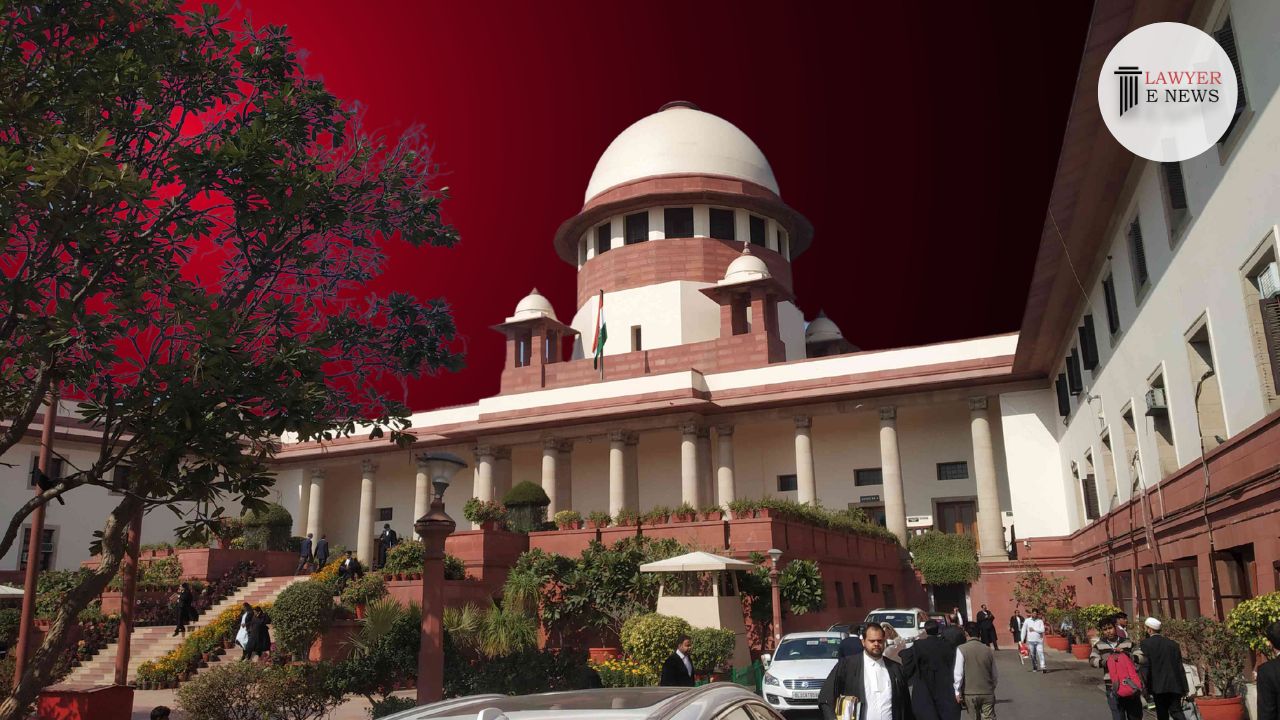-
by Admin
15 February 2026 5:01 PM



The Supreme Court judgment primarily hinged on two legal issues: whether the notice in Form No.5, related to the increase of share capital, constitutes an “instrument” under the Bombay Stamp Act, 1958, and whether the maximum cap on stamp duty is a one-time measure or applicable to every increase in share capital.
Facts and Issues: The crux of the dispute was the payment of stamp duty by National Organic Chemical Industries Ltd. On its increased share capital. Initially, the company paid Rs. 1,12,80,000 in 1992 and a subsequent Rs. 25 lakhs for a later increase. The company sought a refund of the latter amount, arguing that it had already paid the maximum stamp duty as per the amended Act. The primary issue was whether Form No.5 is an “instrument” attracting separate stamp duty and if the cap on stamp duty applies for each increase in share capital.
Definition of ‘Instrument’: The Court held that Form No.5, used to notify the Registrar of Companies about the increase in share capital, does not fall within the definition of an “instrument” under Section 2(l) of the Stamp Act, as it does not create or alter any right or liability. [Para 10]
Nature of Articles of Association: The Court observed that Articles of Association, which are deemed as “instruments”, do not materially alter with an increase in share capital. Hence, further stamp duty is not warranted for such alterations. [Para 11]
Maximum Cap on Stamp Duty: Addressing the amendment introducing a cap on stamp duty, the Court opined that once the cap is reached, no further stamp duty can be levied for subsequent increases in share capital. [Para 15]
Retrospective Effect and Refund: Despite the amendment not being retrospective, the Court ruled that stamp duty paid on the same instrument (Articles of Association) before the amendment should be considered for subsequent increases post-amendment. Therefore, the respondent was entitled to a refund. [Para 18]
Decision: The Supreme Court dismissed the appeal by the State of Maharashtra, upholding the High Court’s order for a refund of Rs. 25 lakhs with interest @ 6% per annum to National Organic Chemical Industries Ltd.
Date of Decision: 5th April 2024
State of Maharashtra & Anr. Vs. National Organic Chemical Industries Ltd.
